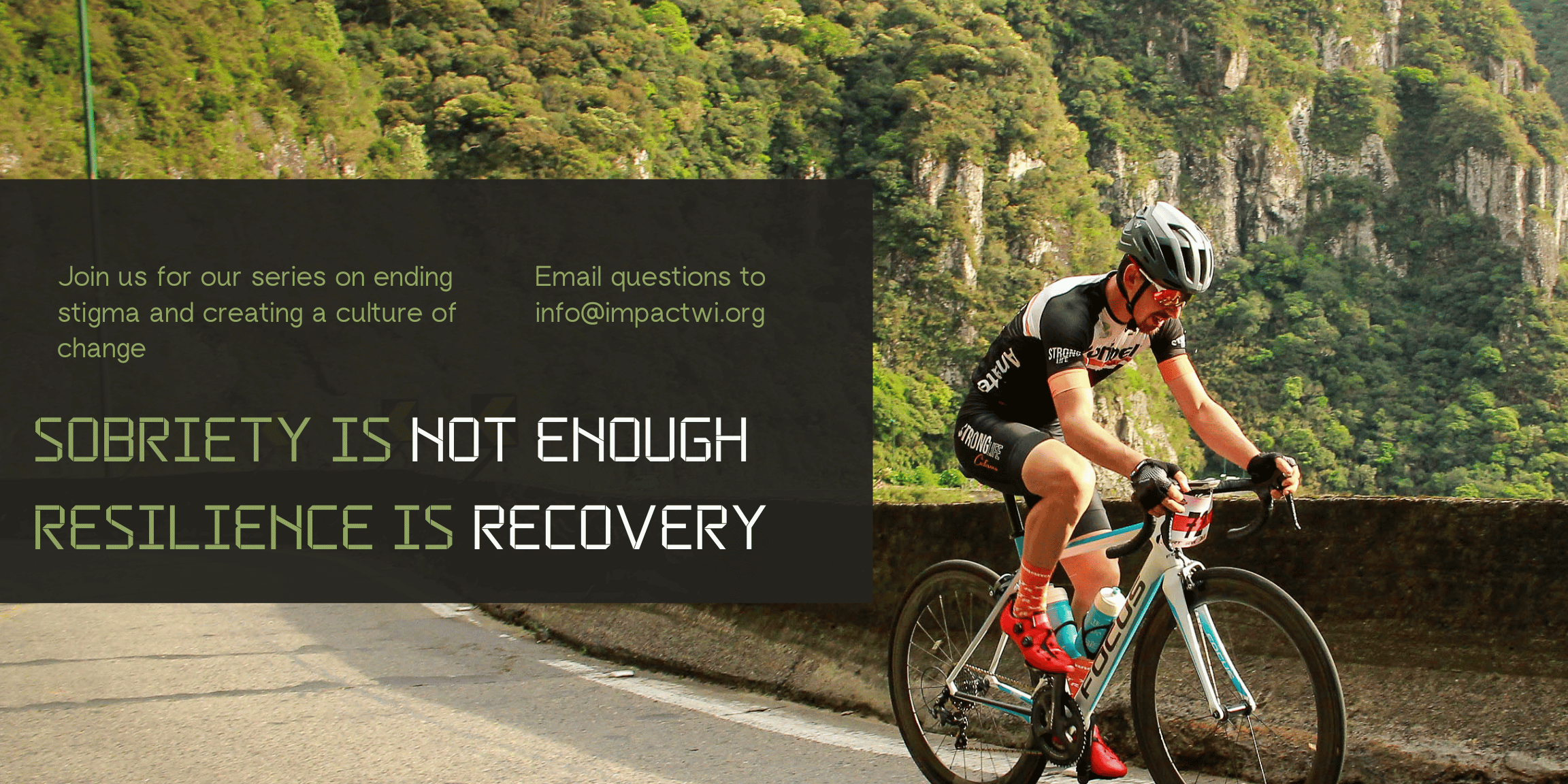

No Results Found
The page you requested could not be found. Try refining your search, or use the navigation above to locate the post.

Resilience is the ability to bounce back from adversity. It is the ability to withstand shocks and stresses, and to recover from setbacks. Resilience is important because it allows us to cope with difficult situations and to maintain our well-being.
There are many different ways to measure resilience. One way is to look at how quickly someone recovers from a setback. Another way is to look at how well someone copes with stress. Still another way is to look at how well someone bounces back from a difficult situation.
There are several reasons why resilience is a better way to measure recovery than traditional measures, such as healing time or the number of setbacks. First, resilience is a more holistic measure. It takes into account the whole person, including their physical, mental, and emotional health. Second, resilience is a more dynamic measure. It takes into account the person’s ability to cope with stress and to bounce back from setbacks. Third, resilience is a more empowering measure. It focuses on the person’s strengths and abilities, rather than their weaknesses.
There are many things that can be done to increase resilience. One is to build strong social support networks. Another is to develop coping skills. Still another is to practice mindfulness.
Resilience is an important quality that can help us to cope with difficult situations and to maintain our well-being. There are many different ways to measure resilience, and there are many things that can be done to increase it.
Here are some specific examples of how resilience can be measured:
- The number of setbacks someone has experienced in the past year, and how quickly they recovered from each setback.
- How well someone copes with stress, such as how well they manage their emotions and how well they sleep.
- How well someone bounces back from a difficult situation, such as how quickly they return to their normal routine and how well they maintain their relationships.
Here are some specific examples of things that can be done to increase resilience:
- Building strong social support networks: Having friends and family who you can rely on for emotional support can help you to cope with stress and to bounce back from setbacks.
- Developing coping skills: Learning how to manage your emotions, how to deal with stress, and how to relax can help you to cope with difficult situations and to bounce back from setbacks.
- Practicing mindfulness: Mindfulness is the practice of paying attention to the present moment without judgment. It can help you to reduce stress, improve your mood, and increase your resilience.
Sobriety is not a perfect measure
Sobriety is not a bad way to measure recovery. In fact, it is a very important measure of recovery. However, it is not the only measure of recovery. There are many other factors that can contribute to recovery, such as mental health, physical health, and social...
Resilience Part 2
Resilience is the ability to adapt to change and bounce back from adversity. It is a key factor in addiction recovery, as it allows people to cope with the challenges of addiction and rebuild their lives. There are many ways to measure resilience, but some common...
Sober Living in Waupaca
We have some exciting things to share with you today on our journey developing The Dwelling Initiative. Happy St. Patrick’s day everyone! We wanted to share a quick update with you as it relates to The Dwelling Initiative our sober living program that is launching in...
Resilience is the real recovery: Part 1
Resilience is the ability to bounce back from adversity. It is the ability to withstand shocks and stresses, and to recover from setbacks. Resilience is important because it allows us to cope with difficult situations and to maintain our well-being. There are many...
